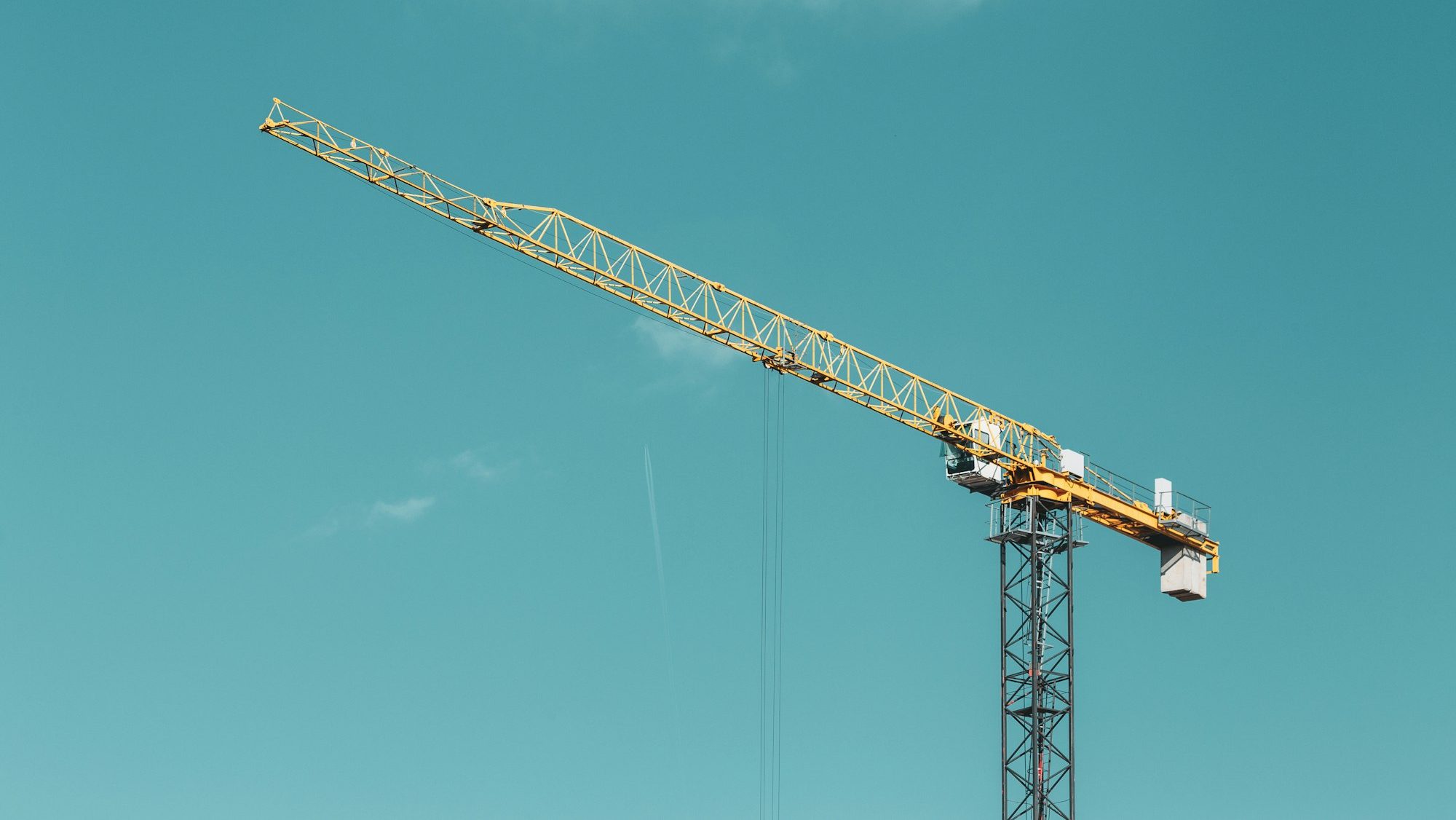Recently published figures have shown that the cost of building a home has increased by an alarming $76,000 which means more construction firms across Australia are unfortunately going to collapse.
The cost of building a house skyrocketed by a record $76,715 in April as supply chain and labour shortages continued to bite, with alarm bells sounding that more construction firms will collapse in the coming months amid soaring prices making fixed price contracts unprofitable.
It comes as the number of construction companies collapsing this year has risen significantly, with predictions that huge jumps in prices will not ease and are set to continue into the next financial year.
The $76,000 rise in building also means for the first time the national average value of new homes approved has jumped over the $400,000 mark at a time when house and land packages were seen as an affordable entry point for first home buyers and families.
Economist Maree Kilroy believes that the huge backlog of work and global commodity price increases will continue to hit the industry.
“Pressure being faced by home builders is not set to abate in this environment, and we expect more builders to hit the wall, especially less capitalised small-to medium-sized operators,” says Maree Kilroy.
The construction sector has been hit by a wave of construction firm collapses this year shaking confidence in the sector.
In February 2022, one of Australia’s biggest construction companies Probuild was placed into voluntary administration despite still having $5 billion worth of building projects underway.
The decision to place the company into voluntary administration came about as it was revealed that the businesses owes huge amounts of money to subcontractors. It is a concerning turn of events as Probuild employs hundreds of tradespeople who are now unemployed.
Similarly, in March 2022 Gold Coast construction giant Condev also appoint a liquidator as market and material costs threaten the company’s bottom line.
The Queensland firm called a last-bid meeting in the first week of March with developers from around the country in a bid to raise cash for ongoing operations.
Unfortunately, the meeting did not provide the solution thought to be around $25 million for Condev, forcing founders Steve and Tracy Marais to begin placing the business in voluntary administration.
Although Condev is still solvent and has a positive reputation, the companies decision to appoint a liquidator was made due to forecasts illustrating that the market conditions and material costs overwhelming the company’s bottom line.
“We are absolutely devastated for the Condev family of employees, our tradespeople and our affiliates. Unfortunately, we were not able to reach the unanimous support we needed to keep the business operational in the future,” says Condev co-founder Steve Marais.
The ATO Reveals That There Is A Large Number of Unpaid Construction Tax Bills
The Australian Tax Office (ATO) has revealed that over the duration of the covid-19 pandemic, Construction-related businesses have built up a mountain of unpaid tax bills.
This means that there is the potential for a huge number of business failures to occur in 2022 that could take otherwise-healthy creditors down with them, insolvency practitioners warn.
Last year outstanding debts to the ATO increased by almost one-third to $58.8 billion last year over the two years affected by the pandemic, while over the same time court wind-ups of businesses – half of which are typically triggered by the ATO – fell by three-quarters.
The covid-19 pandemic has generated a huge headache for the ATO, which has tried to assist companies through tough trading conditions. In its 2021 annual report the ATO said it collected $11.5 billion in revenue, below its own $15 billion target, for reasons including a cautious approach to compliance.
However, for industries such as building, where ATO enforcement plays a big role in weeding out poorly run companies and supporting the health of the industry as a whole, this was a problem, said John Winter, chief executive of the Australian Restructuring Insolvency & Turnaround Association.
“It is a huge moral hazard issue. It provides no mechanism to signal to the market that you shouldn’t build up debts you can’t pay,” says John Winter, chief executive of the Australian Restructuring Insolvency & Turnaround Association.





